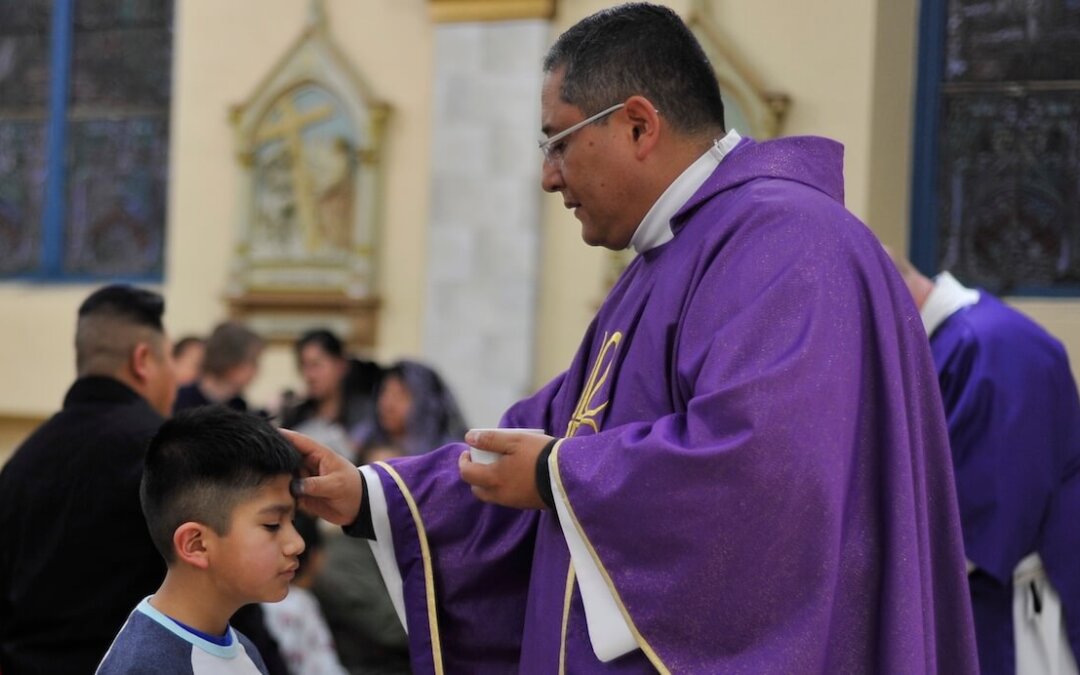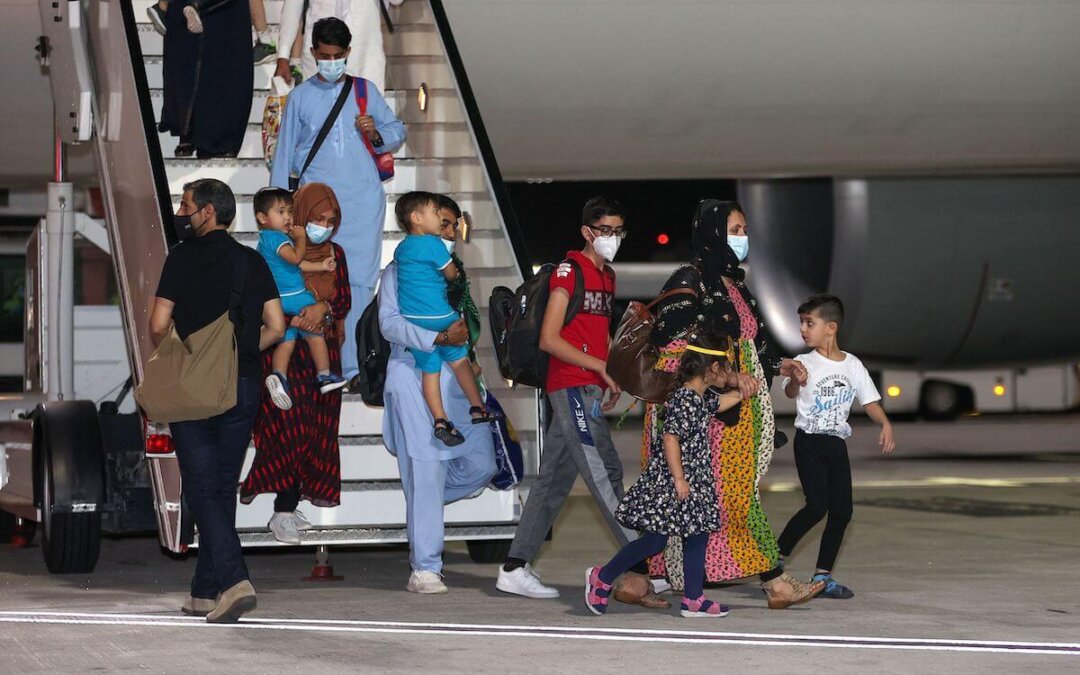
Left to right: Beltrán, Colín, Ordaz, Barrios
During a year full of unexpected and dreadful events, hope emerges through the rubble. Young people are showing up in powerful ways and are becoming the catalyst for some of the most clear and difficult conversations we have had on racism, inequality and injustice in recent years in this country.
The Black Lives Matter movement includes many diverse activists who support each other’s causes, among them “Dreamers.”
The name comes from the failed 2001 DREAM Act that would have granted several benefits to minors that entered the country without proper documentation, many of them from the Latino community.
Attempts to move toward comprehensive immigration reform have failed through each attempt over the last 20 years. Members on both sides of the aisle continue to fall short and drag their feet.
Former president Barack Obama, aware of the support he received from Latino voters, and with no available path through Congress, signed the Deferred Action for Childhood Arrivals (DACA) program into law through an executive order in 2012.
[inline-ad id=”2″]
DACA allows about 700,000 young adults, brought to the United States as children, to work, attend school and live legally in the United States, so long as their renewal application is approved every two years. In Iowa, about 2,500 people participate in the DACA program.
The process to qualify is not easy and can be costly. To be eligible, these young people must demonstrate early presence in the United States, be of a certain age, have no criminal history and pay a fee per each qualifying individual, in addition to other requirements.
Dreamers were thrilled to be able to work and felt safer driving since they qualified for drivers’ licenses. The biggest dream of all continues to be education, but their newfound benefits do not allow for any federal financial aid to attend a college or university.
Still, many of them attend colleges and universities and pay for it from their own pocket or in some cases, with the help of a scholarship. They work for corporations, nonprofits and start their own businesses. They contribute to Iowa’s economy, vibrancy, and diversity.
[inline-ad id=”3″]
Regardless of the immigrants’ contributions, President Trump, from the onset of his campaign, has threatened to deport millions of undocumented immigrants, terminate DACA and send Dreamers back to the country’s where they were born.
In 2017, then-Attorney General Jeff Sessions announced the Trump Administration would stop considering new applications for legal status, but would allow DACA recipients with a work permit set to expire before March 5, 2018, to apply for a two-year renewal.
On Thursday, in a 5-4 decision, the Supreme Court ruled that because the Trump Administration failed to adequately show how it intended to wind down DACA, the program can legally continue.
After the news that the Supreme Court ruled in favor of Dreamers, I could not wait to talk to some of them and learn more about their reaction to the justice’s decision.
[inline-ad id=”1″]
Giovanna Coronel Beltrán, 24, originally from Mexico, moved to the U.S. with her family when she was six. She became a DACA recipient at 17 and now works for a financial institution as an accounting and operations specialist.
“When it was time to apply for the program, I had a lot of mixed feelings because, as an undocumented immigrant, I grew up with a lot of fear of authorities that my parents unwillingly instilled in me,” Giovanna said. “I was afraid of giving out all my information because they were going to know everything about me and my family.”
With time, her fear subsided because she experienced all the benefits of the program, such as legally working and not being afraid of being stopped by the police without a valid driver’s license.
“There’s still some hardship with DACA related to the cost ($495 per person every two years) to pay the renewal fees many cannot afford while paying for school,” Giovanna said.
Though Giovanna is glad the program will continue (for now), she knows a legislative solution is necessary to help Dreamers and undocumented immigrants become U.S. citizens.
“It is a good sign that the Supreme Court sided with thousands of DACA recipients and not with the Trump Administration,” she said, “but we should do something to make this program a pathway to citizenship.”
[inline-ad id=”5″]
Omar Ordaz, 32, originally from Mexico, was brought to the U.S. when he was eight years old. He is studying political science at Des Moines Area Community College and plans to go to school to become an immigration lawyer. Because Dreamers do not qualify for financial aid, he pays for his schooling out-of-pocket.
Omar never told his friends he was undocumented, so when Trump won the presidential election, many of them celebrated and expressed their support for Trump’s promise to deport millions of undocumented immigrants.
“I didn’t tell anyone about my status because I felt like I had a disease that I couldn’t tell anyone,” Omar said.
Before becoming a DACA recipient, he was in constant fear of getting picked up by the police and being deported.
“When the program became a reality and I obtained my documents, I thought that this was my opportunity to do something positive with my life,” Omar said. “It was surreal to me. It was a big relief that I didn’t have to be in fear anymore. I was going to be able to continue my education, to work and travel freely throughout the country.”
But for Omar, the fear is always there, particularly because of anti-immigration messaging from the Trump Administration.
“The Supreme Court decision is the right decision,” he said, “but it doesn’t solve the issue, but it is a step towards that.”
[inline-ad id=”6″]
Alejandra Barrios, 24, originally from Guatemala, moved to the U.S. when she was 11. Last year she graduated from nursing school and works in a nursing home in Perry.
Alejandra became a DACA recipient in 2012 while she was pregnant with her son. As a high school senior, she wanted to go to college but couldn’t afford it on her minimum wage salary at McDonalds. When she became a Dreamer, she was able to get a job as a certified nursing assistant and make $14 an hour at the same nursing home where she now is a licensed practical nurse. She used to be a full-time student and worked full-time while pregnant. Alejandra plans to continue her education to become an RN.
Paying the two-year DACA renewal fees for Alejandra and her fiancé is challenging since they had a baby to take care of while she was also paying for her schooling.
“Since the Trump Administration began taking actions to get rid of the DACA program, our lives (her fiancé is also a Dreamer) have been in limbo, a kind of pause, not able to plan for our future in this country, not thinking about buying a house or anything else,” she said.
Alejandra found out about the Supreme Court’s decision the day it happened.
“I feel relieved,” she said, “but I would like to know what’s going to happen, if they are going to leave the program the way it is or if it’s going to be a pathway for residency or citizenship.”
[inline-ad id=”7″]
Areli Colín, 24, originally from Mexico, moved to this country when she was seven years old and became a DACA recipient when she was a senior in high school. She works for a local financial institution. Before DACA, she did not know what to do after graduation.
“When I learned about DACA, I was very excited because I knew I was going to be able to continue my education and work,” Areli said.
Unfortunately, since she didn’t qualify for financial aid, she wasn’t able to fulfill her dream of going to college and become a nurse despite her 3.9 GPA and scholarships she was offered.
Like many other Dreamers, Areli spent part of her young life knowing about the danger and potential of the program to end, which kept her in constant fear.
She asked herself, “What is going to happen if I get deported to a country I don’t even know? But finding out about the Supreme Court’s decision made me so happy.”
[signup_form]
Like all DACA recipients, she is hopeful that this program may become a pathway to citizenship.
“This decision is a victory for young people, their families, and our communities,” said Erica Johnson, director of American Friends Service Committee Iowa.
Since the DACA program began in 2012, American Friends Service Committee has been involved in helping those who meet the requirements sign up for the program. In addition, AFSC has raised funds to help hundreds of Dreamers pay for immigration fees, which can be steep.
The news of DACA’s status as a lawful program is a relief for Dreamers, their families and the community, yet they cannot rest easy. Trump said Friday he will renew efforts to end DACA protections.
[inline-ad id=”8″]
The rights of Dreamers and of all Iowans rest not only on our state government, but also on who gets chosen for the U.S. Supreme Court. Judges are confirmed by the U.S. Senate, and in November, Iowa Sen. Joni Ernst is up for reelection.
“Historically, Sen. Joni Ernst has refused to vote for legislation that would support DACA recipients,” said Brit Bender, Iowa’s director for NextGen, a youth-focused advocacy group. “In 2018, she voted against two bipartisan proposals that would have written DACA into law and prevented the Supreme Court’s intervention today.”
NextGen called on Ernst and Iowa’s senior senator, Chuck Grassley, “to stand with DACA recipients and support legislation that gives them a path to citizenship.”
By Claudia Thrane
Posted 6/19/20
Iowa Starting Line is an independently-owned progressive news outlet devoted to providing unique, insightful coverage on Iowa news and politics. We need reader support to continue operating — please donate here. Follow us on Twitter and Facebook for more coverage.
Politics

Biden marks Earth Day by announcing $7 billion in solar grants
The Biden administration on Monday announced the recipients of its Solar For All Program, a $7 billion climate program that aims to lower energy...

6 terrifying things that could happen if the Comstock Act is used to target abortion
Does 1873 sound like a really, really long time ago? Well, that’s because it is—but if Republicans and far-right anti-abortion activists have their...
Local News

No more Kum & Go? New owner Maverik of Utah retiring famous brand
Will Kum & Go have come and gone by next year? One new report claims that's the plan by the store's new owners. The Iowa-based convenience store...

Here’s a recap of the biggest headlines Iowa celebs made In 2023
For these famous Iowans, 2023 was a year of controversy, career highlights, and full-circle moments. Here’s how 2023 went for the following Iowans:...




